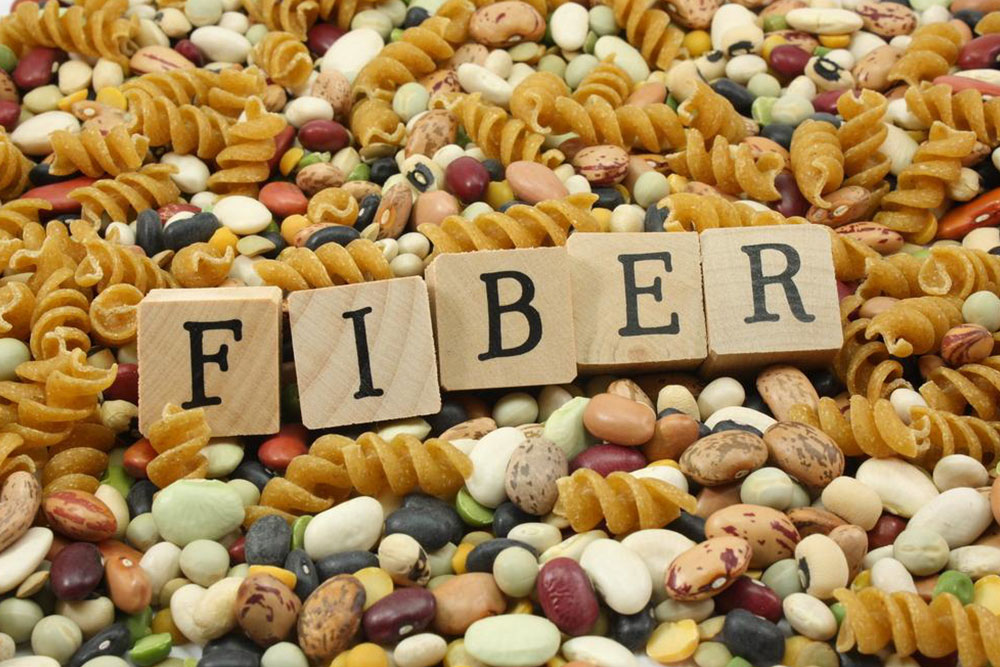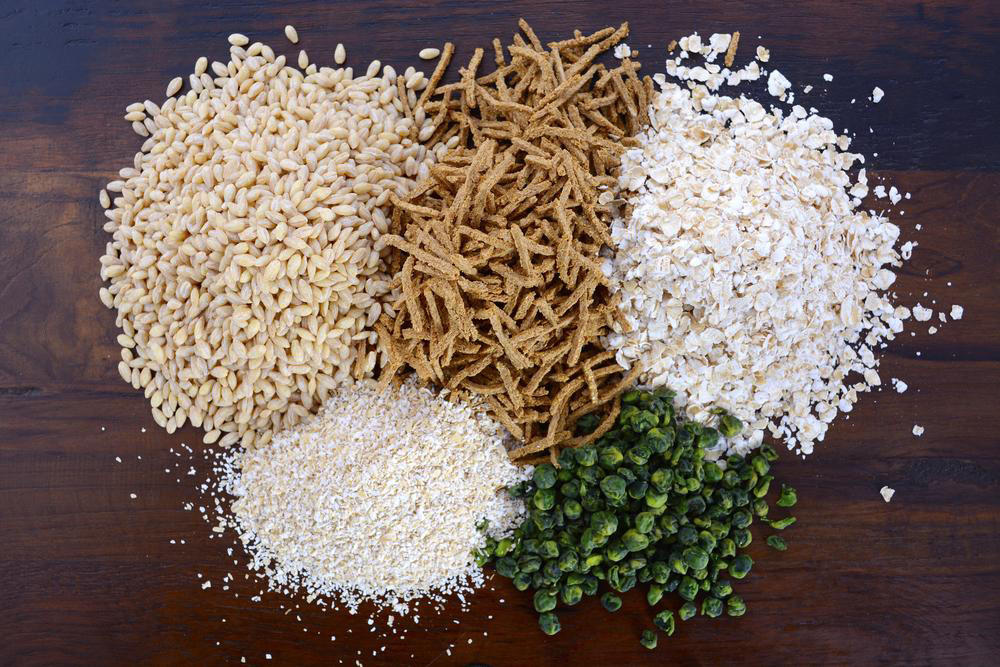Boost Your Wellbeing with a Comprehensive High-Fiber Diet Strategy
Promote your health by integrating a high-fiber diet into your daily routine. This comprehensive guide highlights the importance of fiber for digestion, weight management, heart health, and disease prevention. Learn practical tips on how to include a variety of fiber-rich foods like legumes, fruits, vegetables, and whole grains in your diet, and discover how combining these dietary habits with regular exercise can improve your overall wellbeing. Start your journey towards a healthier lifestyle today with these expert-backed strategies.

Adopting a healthy lifestyle goes beyond consistent physical activity and avoiding harmful habits like smoking and excessive alcohol consumption. A vital component of overall health that often gets overlooked is maintaining a diet rich in dietary fiber. Increasing your intake of fibrous foods not only enhances digestion but also offers wide-ranging benefits including weight management, cardiovascular health, blood sugar stability, and cancer prevention. Incorporating a variety of high-fiber foods into your daily meals can significantly improve your quality of life. This article explores the importance of dietary fiber, how to effectively include it in your diet, and tips for maximizing its health benefits.
Dietary fiber, found predominantly in plant-based foods, is essential for maintaining various bodily functions. It encompasses both soluble and insoluble fibers, each contributing uniquely to health. Soluble fiber dissolves in water to form a gel-like substance that helps lower cholesterol levels and stabilize blood glucose, while insoluble fiber adds bulk to stool, aiding in regular bowel movements and preventing constipation. The balance of these fibers is crucial for optimal digestive health and disease prevention.
Research consistently demonstrates that high-fiber diets are associated with numerous health advantages. For instance, consuming fiber-rich foods can help manage weight by promoting satiety, which reduces overall calorie intake. It also plays a critical role in lowering LDL cholesterol levels, thereby decreasing the risk of cardiovascular diseases such as heart attacks and strokes. Furthermore, a fiber-rich diet is linked to lowered incidence of colorectal cancer by promoting healthy bowel function and reducing carcinogen contact with intestinal walls.
To incorporate dietary fiber effectively into your routine, focus on diverse sources. Legumes like lentils, chickpeas, and beans are excellent sources of both soluble and insoluble fibers. Vegetables such as carrots, broccoli, and Brussels sprouts provide vital fiber along with essential vitamins and minerals. Fruits like apples, berries, and pears offer natural sweetness and significant fiber content. Whole grains—such as oats, brown rice, barley, and whole wheat products—are among the most fiber-dense foods available and should form a staple in your diet.
Achieving the recommended intake of around 25-30 grams of fiber per day can seem challenging at first, but gradual changes make it manageable. Start by replacing refined grains with whole-grain options, incorporate fruits and vegetables into every meal, and include legumes regularly. For snacks, choose nuts, seeds, or fruit. Remember, increasing fiber intake should be accompanied by adequate hydration—drink plenty of water to prevent digestive discomfort and facilitate fiber's benefits.
Combining dietary fiber with regular physical activity maximizes health outcomes. Exercise not only helps manage weight but also improves cardiovascular fitness, which complements the positive effects of a high-fiber diet. Creating a balanced routine that includes both diet modifications and physical activity is the most effective approach for preventing chronic diseases and enhancing overall wellbeing.
In conclusion, a high-fiber dietary strategy offers remarkable health benefits—from aiding digestion and controlling blood sugar levels to reducing the risk of heart disease and certain cancers. By diversifying your sources of dietary fiber and maintaining consistent habits, you can significantly improve your health status. Remember, small, sustainable changes in your eating patterns can lead to substantial long-term benefits, making a high-fiber diet a cornerstone of a healthy lifestyle.





